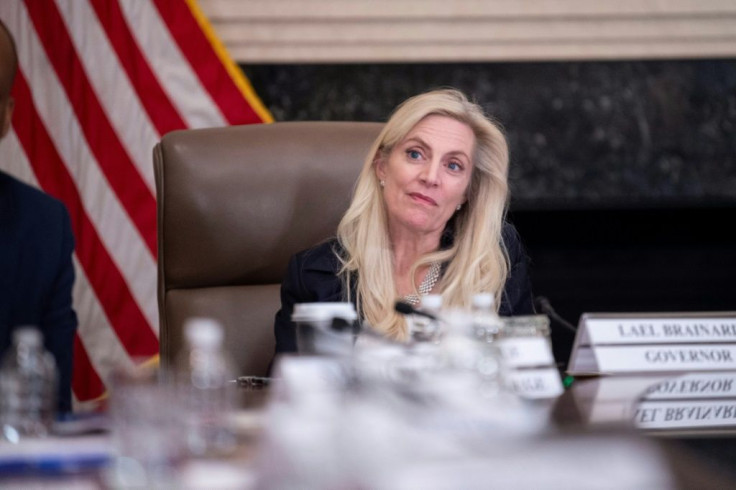Should There Be A Digital Dollar? Federal Reserve Governor Lays Out The Perks
Federal Reserve Governor Lael Brainard spoke out Monday, espousing the virtues of a digital dollar. The Federal Reserve has been slowly developing the infrastructure needed for a digital currency, but still lags far behind other wealthy nations.
Brainard highlighted the versatility of a digital currency backed by the federal reserve, noting that one in five Americans are still considered “underbanked.”
She was optimistic about combining the benefits of cryptocurrency with the stability of the Federal Reserve, saying that the COVID-19 pandemic had brought the need for a stable digital currency to the fore.
“The Federal Reserve remains committed to ensuring that the public has access to safe, reliable, and secure means of payment, including cash,” she said. “As part of this commitment, we must explore — and try to anticipate — the extent to which households’ and businesses’ needs and preferences may migrate further to digital payments over time.”
The rest of the Federal Reserve would seem to agree. Chairman Jerome Powell has announced that the Fed will release a paper outlining how a potential digital dollar would address some of the major issues around cryptocurrency.
Brainard pointed out the prevalence of fraud on unregulated cryptocurrency markets, something that would likely be less of a problem with a currency backed by the federal government.
“In contrast, a digital dollar would be a new type of central bank money issued in digital form for use by the general public,” she said. “By introducing safe central bank money that is accessible to households and businesses in digital payments systems, a CBDC would reduce counterparty risk and the associated consumer protection and financial stability risks.”
In October, Powell said the Federal Reserve would be taking things slow due to the importance of the dollar to international markets. The institution now seems to be picking up the pace, with the Boston Fed collaborating with MIT to set up a hypothetical model.

© Copyright IBTimes 2024. All rights reserved.





















